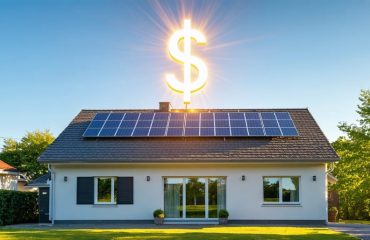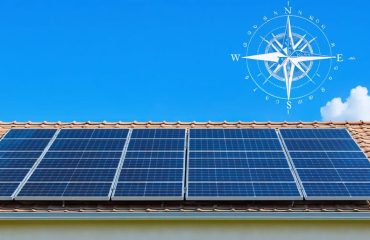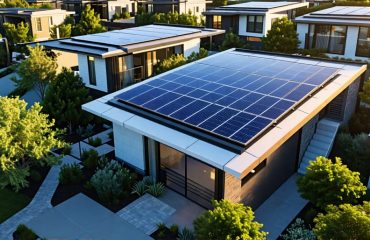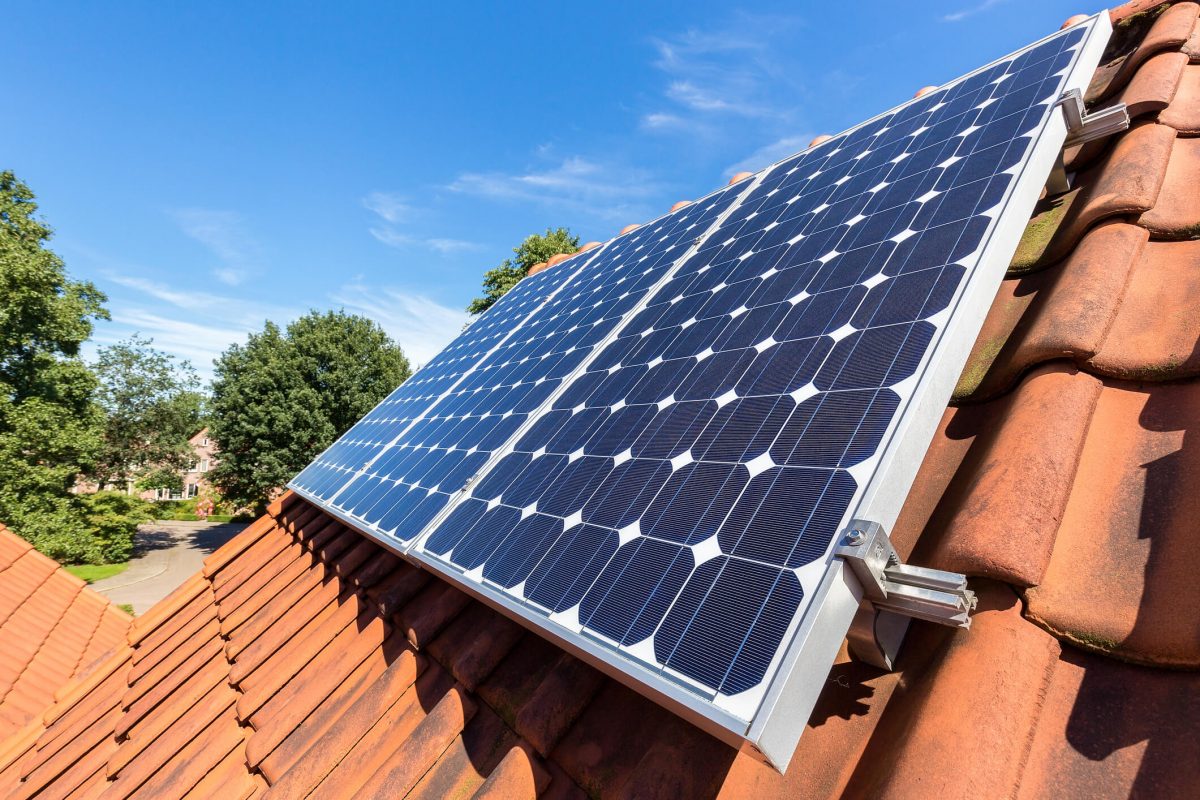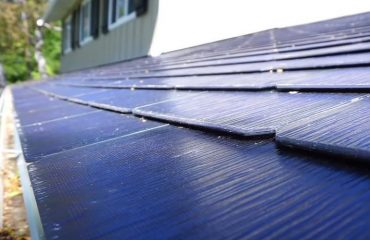Imagine a home that not only generates its own clean energy but also intelligently manages it to optimize comfort, efficiency, and savings. Welcome to the world of solar smart homes – a revolutionary concept that seamlessly integrates solar power with advanced home automation technologies. By harnessing the sun’s limitless energy and leveraging cutting-edge smart home features, these innovative dwellings offer a sustainable, cost-effective, and future-proof living experience.
In this comprehensive guide, we’ll explore the inner workings of solar smart homes, debunk common myths surrounding this technology, and provide practical advice on how you can embark on your own solar smart home journey. Whether you’re an environmentally-conscious homeowner looking to reduce your carbon footprint or simply seeking ways to slash your energy bills, this article will equip you with the knowledge and tools needed to make informed decisions about embracing this game-changing approach to modern living.
What is a Solar Smart Home?

Solar Energy Components
Solar smart homes rely on several key components to harness the sun’s energy and convert it into usable electricity. Solar panels, the most visible element, capture sunlight and convert it into direct current (DC) electricity. Inverters then transform this DC electricity into alternating current (AC) electricity, which is compatible with your home’s electrical system and appliances. Battery storage systems allow you to store excess solar energy generated during the day for use at night or during power outages, increasing your energy independence. These components work together seamlessly to power your home with clean, renewable energy, reducing your reliance on the grid and lowering your carbon footprint. With advancements in technology, solar components are becoming more efficient, durable, and affordable, making solar smart homes an increasingly attractive option for environmentally-conscious homeowners looking to save on energy costs.

Smart Home Technology
Smart home technology complements solar energy systems by optimizing energy usage and maximizing efficiency. Smart thermostats learn your temperature preferences and automatically adjust settings to conserve energy when you’re away or asleep. Smart lighting systems use motion sensors and timers to turn lights off in unoccupied rooms, while smart plugs can cut power to devices in standby mode. Energy monitoring devices provide real-time insights into your electricity consumption, helping you identify and reduce wasteful habits. By integrating these devices with your solar panels and battery storage, you can prioritize the use of clean, self-generated power and minimize reliance on the grid during peak hours. Smart home technology not only enhances the convenience and comfort of your solar-powered home but also helps you make the most of your renewable energy investment, ultimately lowering your carbon footprint and utility bills.
Benefits of a Solar Smart Home
Lower Energy Bills
By harnessing the power of the sun, solar smart homes can significantly reduce electricity costs. Solar panels convert sunlight into clean, renewable energy, which can be used to power your home’s appliances, lighting, and heating/cooling systems. Smart devices like thermostats, smart plugs, and energy monitors work in tandem with your solar system to optimize energy usage and minimize waste. For example, a smart thermostat can automatically adjust the temperature based on occupancy and weather conditions, while smart plugs can turn off devices when not in use. By generating your own electricity and using it efficiently, you can drastically cut your reliance on the grid and save money on utility bills. In fact, many homeowners with solar smart homes report savings of 50% or more on their monthly energy expenses. As utility rates continue to rise, investing in a solar smart home becomes an increasingly attractive option for long-term savings and energy independence.

Environmental Impact
Using solar energy in a smart home significantly reduces your carbon footprint by replacing fossil fuel-based electricity with clean, renewable power from the sun. Solar panels generate emission-free energy, helping to combat climate change and improve air quality. By relying on solar power, you’ll decrease your home’s greenhouse gas emissions and contribute to a more sustainable future. Additionally, solar smart homes often incorporate energy-efficient features like smart thermostats, LED lighting, and well-insulated windows, further minimizing their environmental impact. Embracing solar technology not only benefits your household but also supports the growth of the renewable energy sector, driving innovation and creating green jobs. With a solar smart home, you can feel good about making a positive difference for the planet while enjoying the many practical advantages of this cutting-edge technology.
Increased Home Value
Installing solar panels on your home not only reduces your carbon footprint and energy bills but also significantly boosts your property value. According to recent studies, homes with solar installations sell for an average of 4.1% more than comparable non-solar homes. This translates to an additional $9,274 for the median-valued home in the United States. As more buyers prioritize energy efficiency and sustainability, a solar-equipped home stands out in the market, attracting environmentally-conscious buyers willing to pay a premium. Furthermore, with the long lifespan of solar panels and the ongoing savings on electricity costs, a solar installation proves to be a wise investment that continues to pay off even when it’s time to sell your home.
Debunking Solar Myths
Solar Works in Any Climate
Contrary to popular belief, solar energy is a viable option even in regions with colder temperatures and less sunshine. While solar panels are most efficient in direct sunlight, they can still generate a significant amount of electricity in cloudy or overcast conditions. In fact, some of the world’s leading solar-powered countries, such as Germany and Japan, have climates that are far from consistently sunny.
Modern solar panels are designed to withstand a wide range of weather conditions, including snow, hail, and extreme temperatures. Advances in solar technology have made panels more efficient at converting sunlight into electricity, even in less-than-ideal conditions. Additionally, solar panels can actually perform better in cooler temperatures, as excessive heat can reduce their efficiency.
So, whether you live in a sunny desert or a cloudy northern city, solar power can be an effective way to reduce your carbon footprint and save on energy costs. With the right system design and installation, solar can work for your home, regardless of your climate.
Solar is a Smart Investment
Installing solar panels on your home is a smart investment that pays for itself over time. By generating your own clean energy, you can significantly reduce or even eliminate your monthly electricity bills. While the upfront cost may seem daunting, many financing options and incentives are available to make going solar more affordable. Plus, the long-term savings on energy costs can add up to tens of thousands of dollars over the life of your system. Solar panels also increase your home’s value, making it more attractive to potential buyers if you decide to sell in the future. With minimal maintenance required and warranties that often last 25 years or more, investing in solar provides a reliable return on investment while also helping the environment. As technology improves and costs continue to decrease, there’s never been a better time to make the switch to solar power for your smart home.
Getting Started with Your Solar Smart Home
Find a Reputable Solar Installer
Finding a reputable solar installer is crucial for a successful solar smart home project. Start by researching local solar companies with a proven track record and positive customer reviews. Look for installers certified by the North American Board of Certified Energy Practitioners (NABCEP) or with extensive experience in the industry. Request quotes from multiple providers and compare their offerings, warranties, and financing options. Don’t hesitate to ask for references and contact past clients to gauge their satisfaction. A trustworthy solar installer will be transparent about costs, timelines, and potential savings, helping you make an informed decision. They should also assist with permits, inspections, and connecting your system to the grid. By choosing a reliable solar partner, you can ensure a smooth transition to a more sustainable and energy-efficient home.
Take Advantage of Incentives
Taking advantage of solar incentives can significantly reduce the upfront costs of installing a solar smart home system. Many states offer solar rebates, which are direct cash payments that reimburse a portion of the installation costs. Additionally, the federal government provides a solar tax credit, currently set at 26% of the total system cost. This credit can be claimed on your federal income taxes, further lowering the effective price of your solar investment. Be sure to research local incentives as well, such as property tax exemptions, expedited permits, or performance-based incentives. Don’t forget to review the warranties offered by your solar installer to protect your investment for the long term.
Conclusion
In conclusion, solar smart homes offer a compelling solution for homeowners seeking to reduce their energy bills, minimize their environmental impact, and embrace a more sustainable lifestyle. By harnessing the power of the sun and integrating smart home technologies, these homes provide a seamless, efficient, and eco-friendly living experience. From the long-term financial savings to the increased comfort and convenience, the benefits of solar smart homes are clear. As technology continues to advance and financial incentives become more accessible, there has never been a better time to consider making the switch. We encourage you to explore the possibilities of a solar smart home further, whether by researching more about the technology, consulting with experts, or taking the first steps towards installation. Embrace the future of sustainable living and discover how a solar smart home can transform your life for the better.


